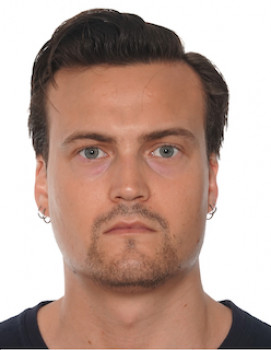Dr Alan Scaramangas

Postdoctoral Research Assistant
School of Mathematical Sciences
Queen Mary University of London
Queen Mary University of London
Member of Dr Weini Huang's Research Group
Research
mathematical biology, cancer evolution, extrachromosomal DNA, cancer prevention, evolutionary games, aposematic signalling
Interests
I am a postdoctoral researcher in the Centre for Complex Systems (CCS), working with Dr Weini Huang on the evolutionary dynamics of extrachromosomal DNA (ecDNA)—small circular pieces of DNA that reside outside the genome.First noted several decades ago, ecDNA is now thought to occur in roughly one-third of all human cancers, especially in the most treatment-resistant types. Unlike chromosomal DNA, ecDNA segregates randomly during mitosis, creating striking cell-to-cell variability in copy number.
My current focus is the fate of ecDNA in non-growing, homeostatic cell populations, i.e. the pre-cancer state. While many studies explore expanding tumours, far less is known about how ecDNA behaves before malignant growth begins. Understanding this early, stochastic phase could reveal new levers for intervention—making it a particularly exciting problem at the interface of mathematics, evolution and oncology.
I am part of the Cancer Grand Challenges eDyNAmiC team, which fosters a number of exciting multidisciplinary collaborations and aims to explore this aspect of cancer most comprehensively. It is not unlikely that these combined efforts will lead to an entirely new realm of cancer treatment altogether in the not-too-distant future.
Before joining Queen Mary, I completed my PhD (thesis titled "Evolutionary and eco-evolutionary stability in aposematic prey populations") under the supervision of Prof. Mark Broom at City University, London. Among other feats, together we developed a novel game-theoretical description for the evolutionary stability of Batesian mimicry systems in which undefended prey resemble noxious prey to gain selective advantage.


